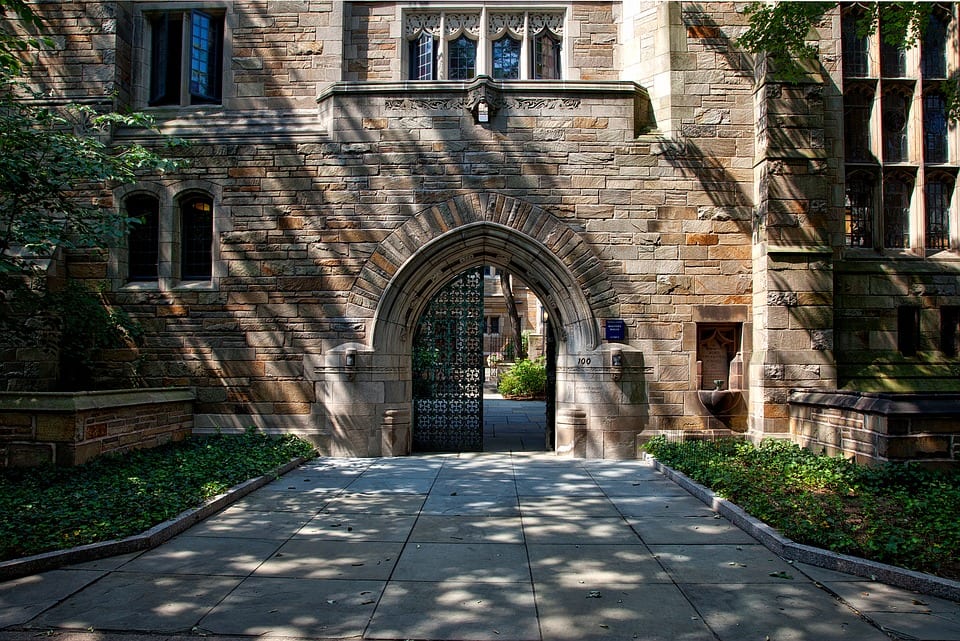The lawsuit alleges that schools like Columbia, Georgetown, and Yale and conspired to decrease competition by reducing financial aid packages for in-need students.
Five former students are spearheading a lawsuit against sixteen of the nation’s best universities, claiming schools such as Duke, Vanderbilt, and Northwestern conspired to eliminate competition by reducing competitive financial aid awards.
According to the lawsuit, the plaintiff universities—all of which are privately owned and operated—“participated in a price-fixing cartel that is designed to reduce or eliminate financial aid as a locus of competition, and that in fact has artificially inflated the net price of attendance for students receiving financial aid.”
The complaint alleges that the conspiracy led to the overcharging of more than “170,000 financial-aid recipients by at least hundreds of millions of dollars.”
The lawsuit, which seeks certification as a class action, seeks to compensate students who received financial aid packages that did not adequately cover the cost of tuition, room, and board from any of the “need-blind” universities named in the complaint.
If the lawsuit is approved as a class action, any student who received limited financial aid and attended one of the plaintiff colleges during or after 2003 would eligible to make a claim.

NBC News reports that the lawsuit hinges on part of a 1994 federal education law, known as Section 568.
Section 568 exempts certain colleges and universities from federal antitrust laws, provided they do not consider an applicant’s financial status when deciding admission.
These schools, adds NBC News, are known as “need-blind” institutions.
However, this exemption allows need-blind colleges to ignore antitrust laws and effectively collaborate with their competitors.
The lawsuit names as defendants: Brown University, the California Institute of Technology, the University of Chicago, Columbia University, Cornell University, Dartmouth University, Duke University, Emory University, Georgetown University, the Massachusetts Institute of Technology, Northwestern University, the University of Notre Dame, the University of Pennsylvania, Rice University, Vanderbilt University, and Yale University.
The complaint claims these schools created a “consensus methodology” framework used in admissions, which is “explicitly aimed to reduce or eliminate price competition among its members.”
The elimination of competition, says the lawsuit, is “simply a means of coalescing around a uniform and lower level of aid to all prospective students.”
The purpose of this so-called “568 Cartel” is “to reduce or eliminate competition between Cartel members over offers of financial aid to prospective students.”
In spite of the “568 Cartel’s” exclusion from certain antitrust laws, the lawsuit suggests that “antitrust principles” demand that “Cartel members would not reach such an agreement, because they would be incentivized to increase aid and reduce net prices of attendance to attract students.”
“Absent collusion, Defendants would compete on price for the students that they have decided to admit because these are the students that the admissions department has decided would satisfy the goals of the admissions process,” the lawsuit states.
The New York Times notes that Harvard, among other universities, specifically declined to join the “568 group” because membership “would have yielded financial-aid packages smaller than what Harvard wanted to award.”
Sources
16 Ivy League and elite universities sued for alleged financial aid conspiracy
Lawsuit Says 16 Elite Colleges Are Part of Price-Fixing Cartel


Join the conversation!